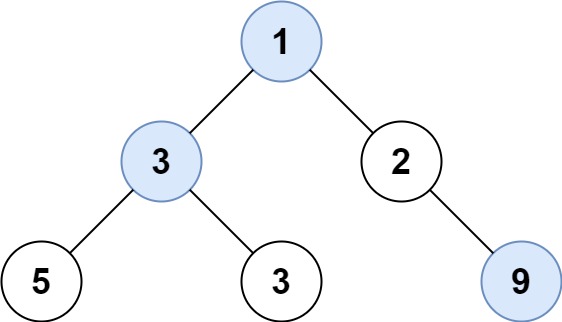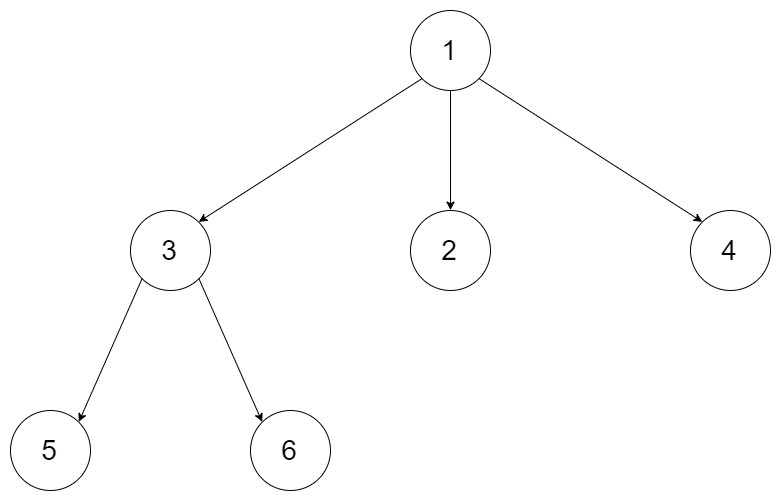给定一个二叉树
struct Node {
int val;
Node *left;
Node *right;
Node *next;
}填充它的每个 next 指针,让这个指针指向其下一个右侧节点。如果找不到下一个右侧节点,则将 next 指针设置为 NULL。
初始状态下,所有 next 指针都被设置为 NULL。
进阶:
- 你只能使用常量级额外空间。
- 使用递归解题也符合要求,本题中递归程序占用的栈空间不算做额外的空间复杂度。
# @lc app=leetcode.cn id=117 lang=python3
#
# [117] 填充每个节点的下一个右侧节点指针 II
#
# @lc code=start
"""
# Definition for a Node.
class Node:
def __init__(self, val: int = 0, left: 'Node' = None, right: 'Node' = None, next: 'Node' = None):
self.val = val
self.left = left
self.right = right
self.next = next
"""
class Solution:
def connect(self, root: 'Node') -> 'Node':
if not root: return root #注意特殊情况:树为空返回[]
queue = [root]
import copy
while queue:
lens=len(queue)
for i in range(len(queue)):
a = queue.pop(0)#元素出队列
a.next=queue[0] if i<lens-1 else None
if a.left:
queue.append(a.left)
if a.right:
queue.append(a.right)
return root
# @lc code=end
# @lc code=end















